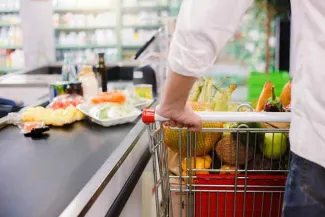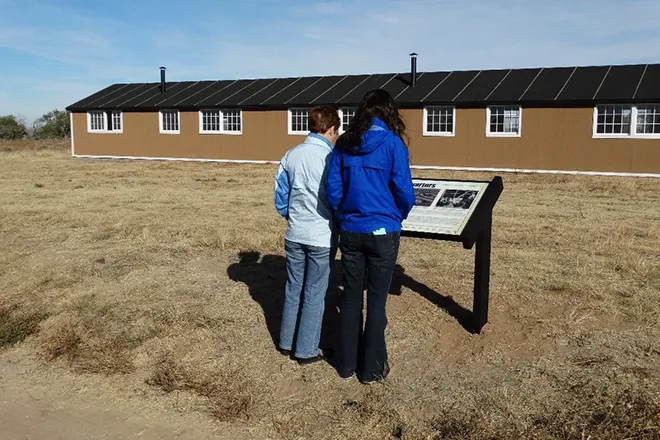
For some families, paying with plastic is a lifeline at the grocery store
Click play to listen to this article.
(Prairie News Service) North Dakota is in the top half of states for average weekly grocery bills and a new national report detailed how consumer debt is bridging the gap for households having a hard time covering food expenses.
Policy experts said grocery price increases have outpaced overall inflation. Findings from the Urban Institute showed in 2023, 60 percent of adults reported their families used credit cards to buy groceries and 7 percent were not able to make minimum monthly payments on the charges. Nearly one in five dipped into savings to maintain their food supplies.

© iStock - Sergei Gnatiuk
Kassandra Martinchek, senior research associate at the Urban Institute, said the report reflects the financial strain some people are feeling.
"Some families are really struggling to even meet their basic needs and are taking riskier financial strategies that could leave them less capable to cope with a future financial shot," Martinchek observed. "Something like losing their job."
For those taking advantage of Buy Now, Pay Later options for groceries, 37 percent reported missing payments on loans. A separate report earlier this year found North Dakota is just below the national averagefor grocery expenses. However, it is still 23rd highest in the nation, sitting above neighboring states.
Even if food prices start to come down, Martinchek emphasized missed debt payments during the price hikes could have lasting effects.
"They could have constrained access to affordable credit options and struggle to take advantage of different wealth building opportunities," Martinchek explained.
She added it is especially the case for historically disadvantaged households. The report suggested policymakers strengthen social safety nets to help these families as pandemic aid expires. But increasing payments under programs like the Supplemental Nutrition Assistance Program might be hard in a divided Congress. Another recommendation called for bolstering credit counseling and debt management services.














